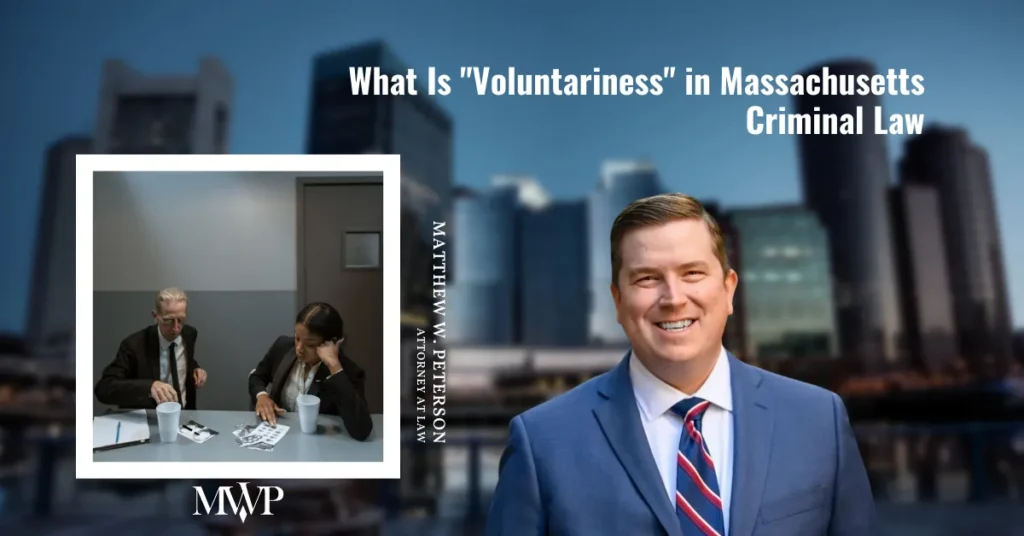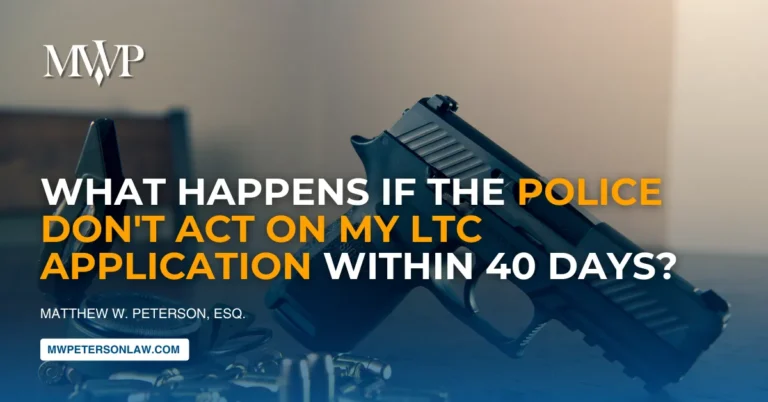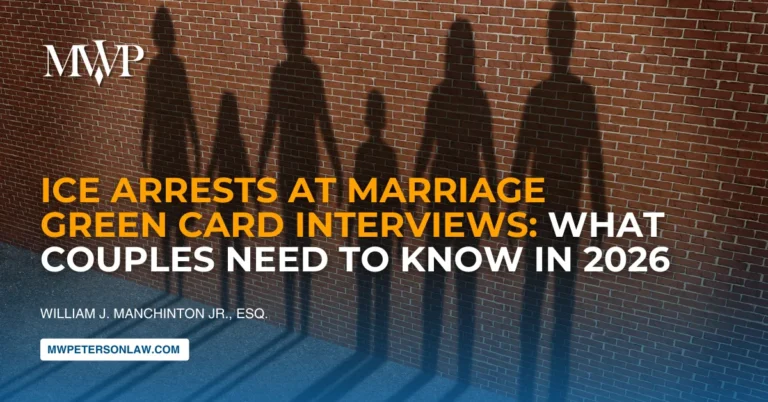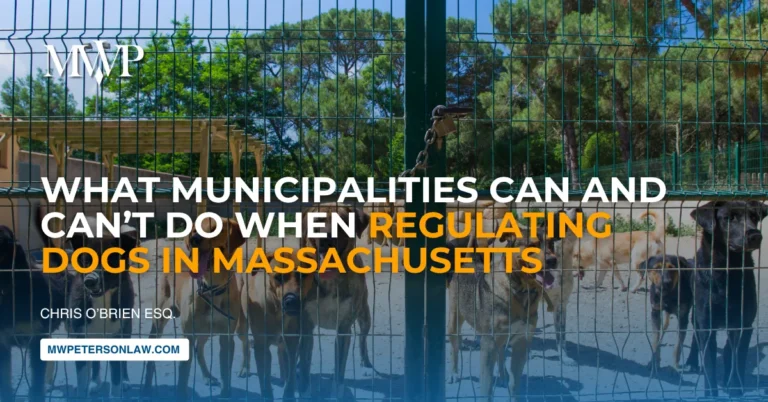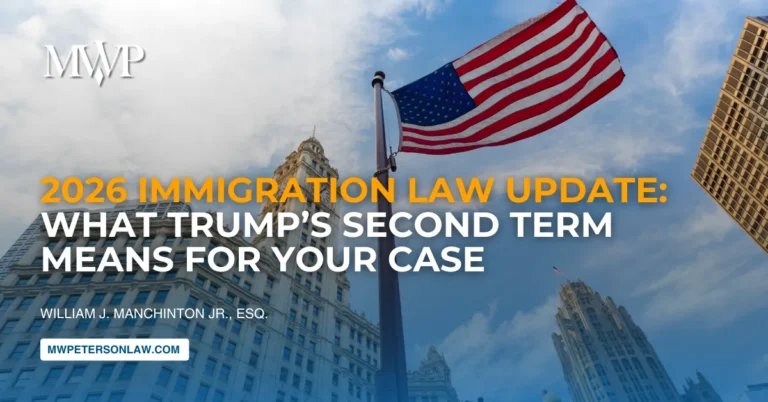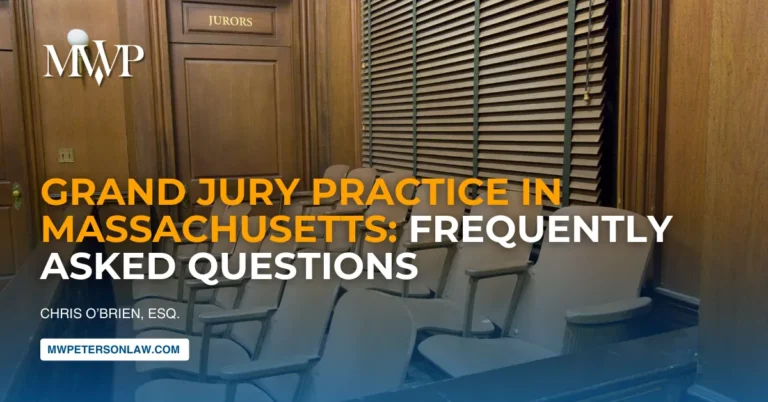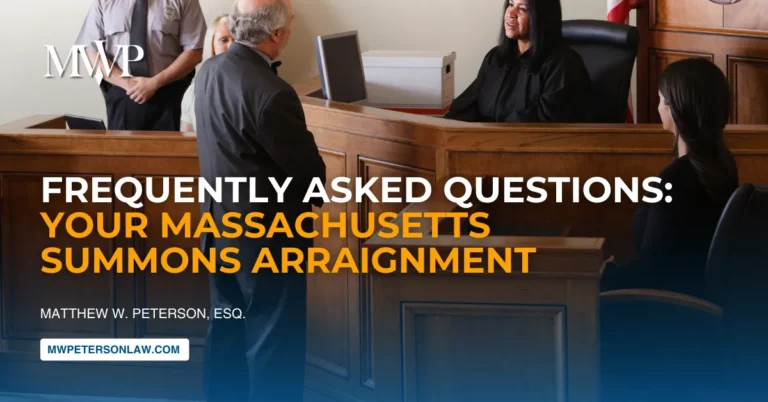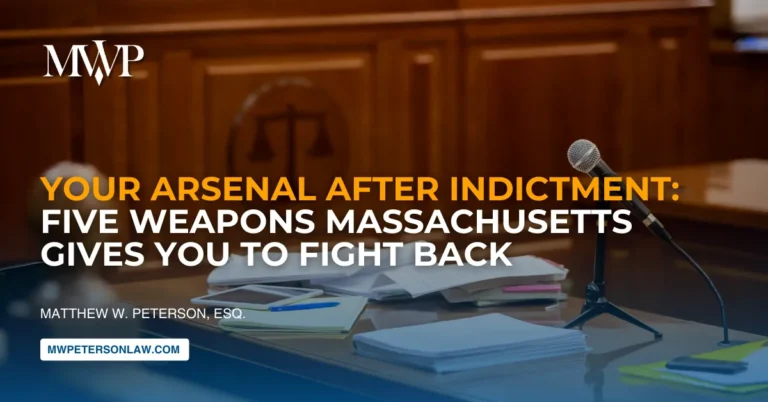If you or someone you know has been arrested and questioned by police, you may have given a statement or confession. What you might not realize is that under the Voluntariness Doctrine, Massachusetts law provides strong protections to ensure these statements were truly voluntary. Understanding these rights could make a significant difference in your case.
What Is the Voluntariness Doctrine?
According to the Massachusetts Criminal Law voluntariness doctrine is a legal principle that protects people from having forced or coerced confessions used against them in court. Simply put, if the police pressured you into making a statement, that statement may not be admissible as evidence.
This protection is in place at the federal level, applicable across all states. However, Massachusetts goes much further than federal law to protect people accused of crimes.
How Massachusetts Law Protects You
Massachusetts law recognizes that a statement isn’t truly voluntary if your mind wasn’t clear when you made it. This means your confession could be thrown out if:
You were under the influence: If alcohol, drugs, or other controlled substances affected your ability to think clearly, your statement may not be voluntary. The law understands that substances can impair your judgment and decision-making.
Police used deception or trickery: If officers lied to you during questioning, your statement might be suppressed. This includes:
- Lying about the strength of their evidence against you
- Misleading you about your Miranda rights
- Using other forms of deception to get you to confess
The assumption here is that if police had to trick you into confessing, the statement may not reflect your true, voluntary choice to speak.
How the Process Works
Step 1: Pre-Trial Motion Before a Judge
Your lawyer can file a motion to suppress your statement before trial. At a hearing, a judge will decide whether your statement was voluntary. The prosecution must prove beyond a reasonable doubt that it was voluntary.
Step 2: Jury Decision (Unique to Massachusetts)
Even if the judge allows your statement to be used, Massachusetts law gives you another chance. The jury must also decide whether your statement was voluntary before they can consider it as evidence.
What makes this especially protective is that each individual juror makes this decision independently. Unlike most jury decisions that require unanimity, each juror can personally decide whether to consider your statement or ignore it completely.
The Role of Miranda Warnings
You’ve likely heard of Miranda rights – the warning that begins “You have the right to remain silent.” While receiving these warnings doesn’t automatically make your statement voluntary, both judges and juries can consider whether you received them.
The reasoning is straightforward: if police properly warned you of your rights, it’s more likely (though not guaranteed) that any statement you made afterward was truly voluntary.
Why This Matters for Your Case
These protections exist because the law recognizes that people might confess for reasons that have nothing to do with guilt. You might speak to police because:
- You’re scared or confused
- You’re not thinking clearly due to substances
- Officers misled you about your situation
- You didn’t understand your rights
A confession obtained under these circumstances may not reflect the truth, which is why Massachusetts law provides these strong safeguards.
What You Should Know
If you’ve made a statement to police that you believe was not truly voluntary, you have the right to challenge it. This applies whether your judgment was impaired by substances or whether police used questionable tactics to obtain your confession.
Remember, the burden is on the prosecution to prove beyond a reasonable doubt that your statement was voluntary. You don’t have to prove it wasn’t – they have to prove it was.
Moving Forward
Understanding these rights is the first step in protecting yourself. If you’re facing criminal charges and believe your statement wasn’t truly voluntary, speaking with an experienced Boston criminal defense attorney can help you understand your options and determine the best path forward for your specific situation. If you or a loved one are in this position, don’t wait—contact us today to set up a strategy session and protect your future.

